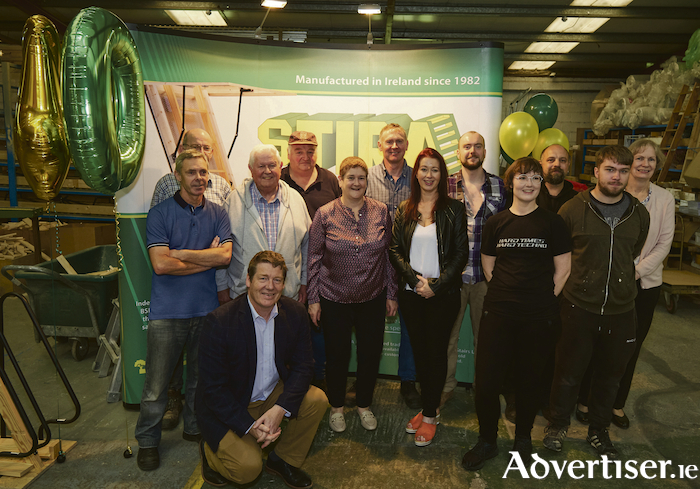Q: At an interview I attended last week, I felt the panel had designated one interviewer as a ‘good cop’, while another played the role of ‘bad cop’. Maybe I’m wrong, but that’s how it looked and felt to me. The good cop would ask the soft question and the bad cop would follow up with some probing ones. He always appeared unconvinced by my replies. I battled away as best I could, but I suspect they noticed my growing exasperation. How should I have handled this? (KL, email ).
A: You may not be far wrong. Interview panels often plan beforehand who will fulfil various roles, and they may even have selected people on the basis of their ability to be a good or bad cop. While I always believe you should try to read the interview panel as well as you can, it is important not to get dragged too far down that road. You have enough to do in an interview without devoting significant time and energy to the task of second-guessing a tricky panel.
Staying calm is probably the most important part of dealing with this scenario. You are more likely to stay calm if your preparation has been good enough. Even if the bad cop is digging deeper than you feel is necessary, perhaps rolling their eyes to Heaven (yes, I’ve heard of it happening ) you should remain focused on the key points you wish to get across, as identified by you in your preparation.
Every answer should lead to somewhere of value for you. If they keep probing you about, say, a situation where you managed people in a project that didn’t go well, your focus should still be on your management skills, your ability to reflect when you’ve struggled and your willingness to learn and adapt in the future.
A vital point to remember here is that the bad cop was almost certainly the bad cop for everyone else. More and more I find myself telling people to understand that the interview they are doing will likely mirror other candidates’ interviews. It’s not a matter of comparing this interview with the one you did three months ago but comparing it with what was achievable with the panel in front of you. You are not trying to beat a candidate who defeated you previously: you are merely trying to do your best with this panel, as are your competitors on the day.
There also comes a time where you stop talking. The bad cop may want to have the last word. Let them have it.
When it’s all over they will have to sit down with their colleagues and evaluate all candidates. If you got the eye roll treatment, chances are others did as well. I know of one candidate who went for a job interview recently and felt he suffered at the hands of a bad cop – when he got the job, his manager told him that the bad cop spoke strongly in his favour at the evaluation stage.
See it for what it is. Focus on what you need to tell them. Trust the preparation you have done. And no cop, good or bad, should knock you off your stride.
Slí Nua Careers (www.SliNuaCareers.com ) offer full online services, including CV preparation, LinkedIn profile optimisation, interview training and mock interviews. Email your questions to [email protected].

